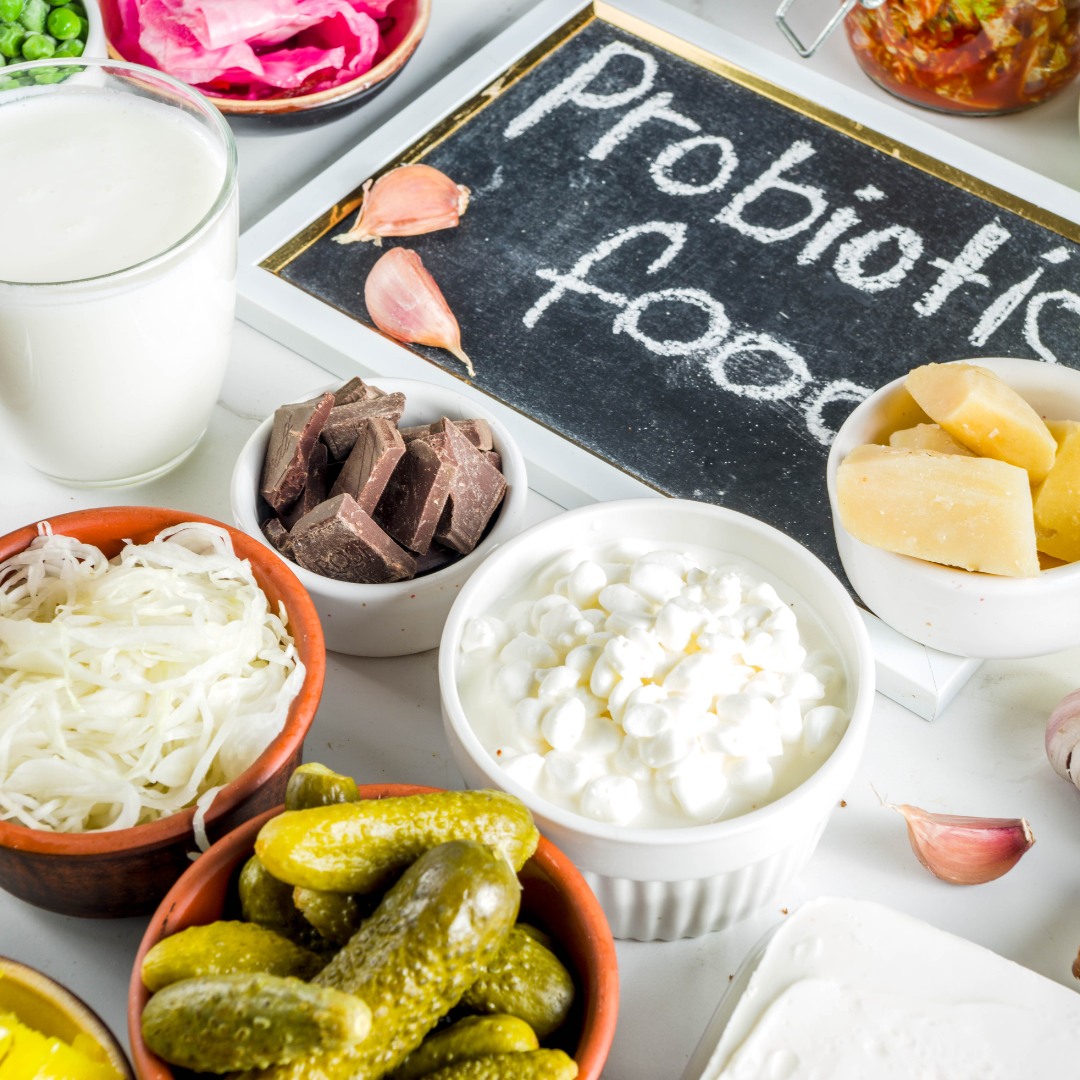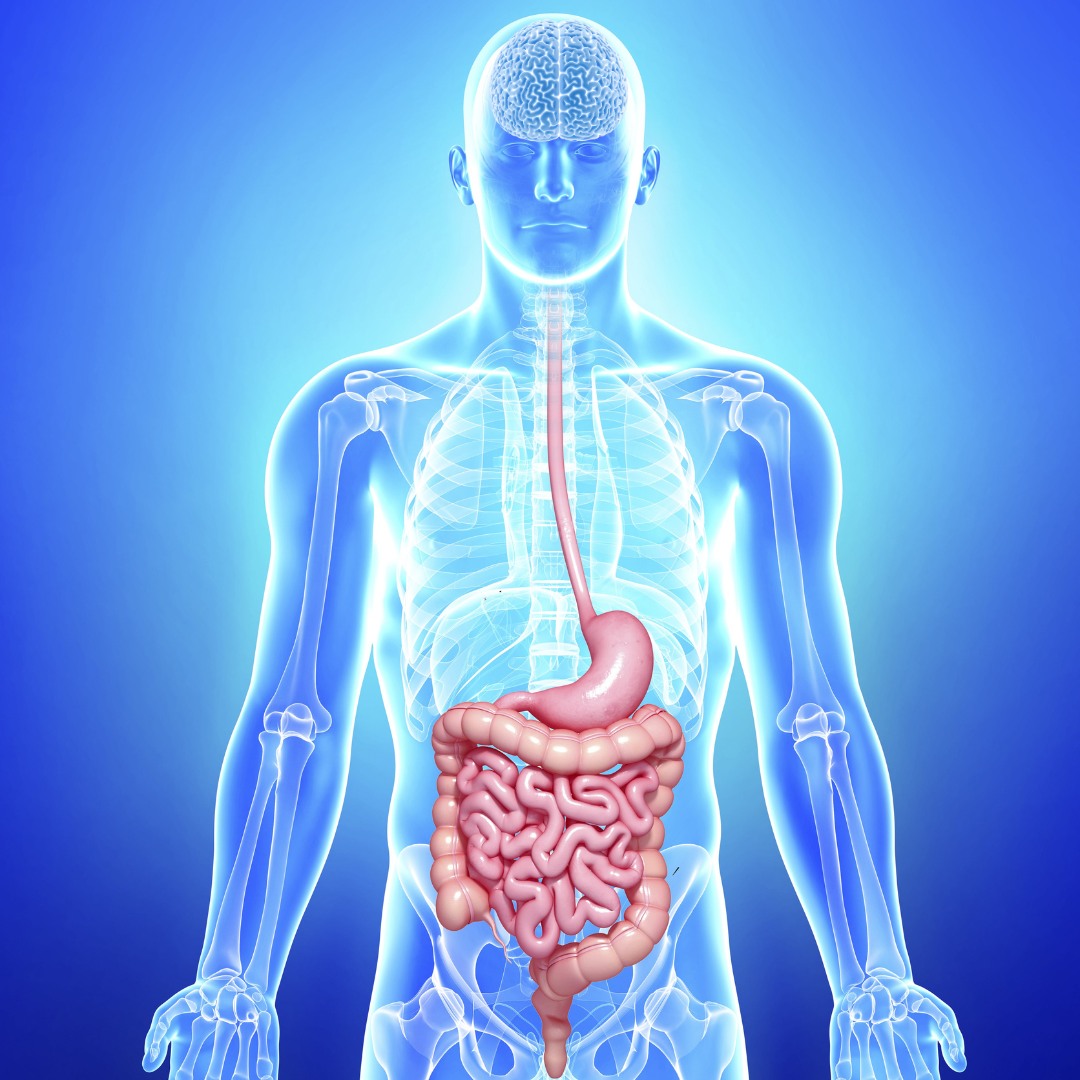Disclosure:
Thank you for reading this post, don't forget to subscribe!
Some of the links on this website are affiliate links. This means that if you click on the link and make a purchase, we may receive a small commission at no extra cost to you. Your support helps us keep the site running.Learn more on my Privacy Policy and Affiliate Disclosure page. Thank you for your support!
Recent years have seen a surge of interest in understanding the profound connection between gut health and mental health. As scientific research delves deeper into the complexities of this relationship, it has become evident that maintaining gut health can significantly impact our mental well-being, physical health, and overall quality of life. In this blog post, we will explore what the science says about this intricate link and provide actionable tips to help you nurture both your gut and mental health.
Understanding the Gut-Brain Axis
The concept of the gut-brain axis refers to the bidirectional communication network between the gut and the brain. This communication occurs through several pathways, including the nervous system, immune system, and hormonal signals. One of the key players in this communication network is the vagus nerve, which connects the brainstem to the gut and plays a crucial role in transmitting signals between these two organs.
Recent studies have shown that the gut microbiota, the trillions of microorganisms residing in our digestive tract, play a vital role in this gut-brain communication. These microorganisms produce neurotransmitters and other compounds that can influence brain function and behavior. For example, certain gut bacteria produce serotonin, a neurotransmitter that regulates mood, while others produce gamma-aminobutyric acid (GABA), which has a calming effect on the brain.
READ NEXT:
The Impact of Gut Health on Mental Health
Research has demonstrated a strong link between gut health and mental health conditions such as anxiety, depression, and stress. Here are some key findings from recent studies:
- Gut Microbiota and Depression: Several studies have found that individuals with depression often have an altered gut microbiota composition compared to healthy individuals. A study published in the journal Nature Microbiology found that individuals with depression had reduced levels of certain beneficial bacteria, such as Faecalibacterium and Coprococcus, which are known to produce anti-inflammatory compounds and support gut barrier function.
- Anxiety and Gut Health: Anxiety disorders have also been linked to gut health. A study published in the journal General Psychiatry found that individuals with generalized anxiety disorder had significantly lower levels of beneficial gut bacteria compared to healthy controls. The study also found that supplementation with probiotics, which are live beneficial bacteria, improved symptoms of anxiety in these individuals.
- Stress and Gut Microbiota: Chronic stress has been shown to negatively impact gut health by altering the gut microbiota composition and increasing gut permeability. This can lead to a condition known as “leaky gut,” where harmful substances from the gut can enter the bloodstream and trigger inflammation. Inflammation, in turn, has been linked to various mental health conditions, including depression and anxiety.
Actionable Tips for Maintaining Gut and Mental Health
Given the strong connection between gut health and mental health, it is essential to adopt lifestyle and dietary practices that promote the health of both. Here are some actionable tips to help you maintain a healthy gut and mind:

- Eat a Balanced Diet: A diet rich in fiber, fruits, vegetables, whole grains, and lean proteins can support a healthy gut microbiota. Foods such as yogurt, kefir, sauerkraut, and kimchi are excellent sources of probiotics, which can enhance gut health. Additionally, prebiotic foods, such as garlic, onions, bananas, and asparagus, provide nourishment for beneficial gut bacteria.
- Stay Hydrated: Proper hydration is essential for maintaining gut health. Drinking enough water helps to ensure smooth digestion and supports the movement of food through the digestive tract.
- Manage Stress: Chronic stress can negatively impact gut health, so it is important to adopt stress management techniques. Practices such as mindfulness meditation, deep breathing exercises, yoga, and regular physical activity can help reduce stress levels and support both mental and gut health.
- Get Enough Sleep: Quality sleep is crucial for overall health, including gut and mental health. Aim for 7-9 hours of sleep per night and establish a regular sleep routine to ensure restorative rest.
- Limit Processed Foods and Sugars: Processed foods and high-sugar diets can disrupt the balance of gut bacteria and contribute to inflammation. Reducing the intake of these foods can help support a healthy gut microbiota.
- Consider Probiotics and Prebiotics: If you are experiencing gut health issues, consider incorporating probiotics and prebiotic supplements into your diet. Probiotics can introduce beneficial bacteria to your gut, while prebiotics provide the necessary nourishment for these bacteria to thrive.
- Regular Physical Activity: Engaging in regular exercise has been shown to positively impact gut health by promoting the growth of beneficial gut bacteria. Physical activity also releases endorphins, which improve mood and reduce stress levels.

Further Reading
For more insights on maintaining mental health and physical well-being, check out these articles from Morningscape Mindset Media:
- The Role of Diet in Managing Stress and Anxiety
- Simple Practices to Enhance Your Overall Well-being
Additionally, here are some reputable external sources for further reading:
- National Institute of Mental Health: Gut-Brain Connection
- Harvard Health Blog: The Gut-Brain Connection
RECENT POST:
Conclusion
The link between gut health and mental health is a fascinating area of scientific research that underscores the importance of maintaining a healthy gut for overall well-being. By adopting the actionable tips outlined in this article, you can take proactive steps to support both your gut and mental health. Remember, a healthy gut contributes to a healthy mind, and vice versa.
If you found this article helpful, we encourage you to share it with your friends and family. Be sure to explore more insightful content on our website and stay tuned for updates on the latest research and wellness tips. Let’s take charge of our health, one step at a time!
Explore more motivational content on Morningscape Mindset Media and take the first step toward your best life.
MORE ABOUT:
HEALTH / WELLNESS / FITNESS / NUTRITION
Share this Article

















